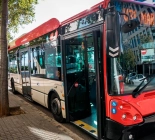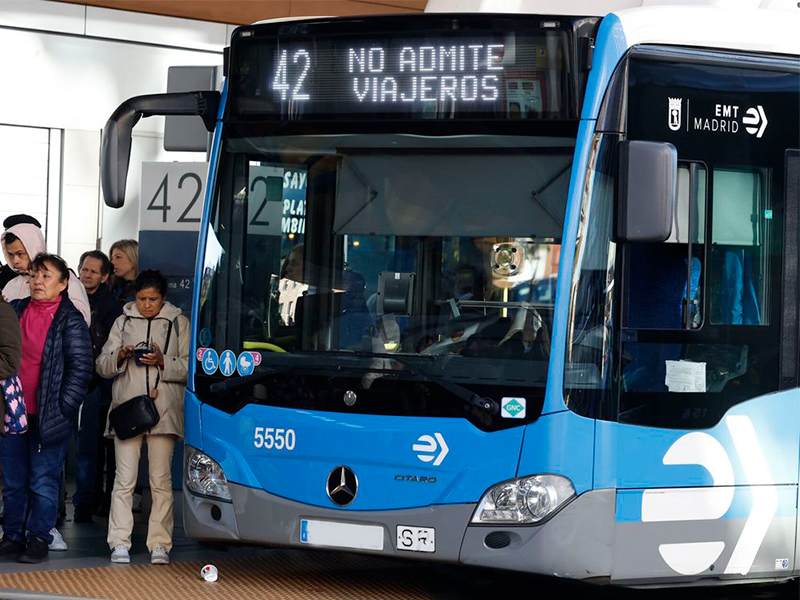
 Contact
Contact 
 How can we help?
How can we help? - 01Chat we us
We are here to serve you.
We will assist you in person and comfortably through the Internet from 9.30h to 14h and from 15h to 18h.
- 02Call us
Contact
Monday to Friday from 8.30 - 14h / 15h – 18h
- 03Do you prefer that we call you?
Leave us your phone number and we will contact you to help you with whatever you need.
Schedule of attention: 8.30 - 14h / 15h – 18h, monday to friday.
FREIGHT TRANSPORT STRIKE FINALLY CANCELED, WILL THERE BE MORE?
The strike by mobile cranes and buses continues while the transport sector reaches a last-minute agreement.
Mobile crane and bus drivers will continue their planned mobilisations, while the freight transport sector has finally called off the strike for Monday 28th after reaching an agreement with the Ministry of Transport in the last negotiation meeting.
The differences in sectoral demands have led to a division in the protests initially planned jointly. On the one hand, freight transporters have achieved concrete commitments on the reduction of operating costs and the regulation of loading and unloading times, key elements that motivated their initial call.
According to statements by the spokesperson of the main transport association, "The negotiations have been intense, but we have achieved significant progress on critical points for our sector", where he particularly highlighted the agreement on the limitation of subcontracting and the guarantees of profitability for the self-employed.
However, the panorama is different for mobile crane operators and bus drivers. Their specific demands, focused on the regulation of hours of availability and the updating of rates according to real operating costs, have not found a satisfactory response in the negotiations.
Juan Martínez, representative of the mobile crane sector, explains that "Our working conditions require specific attention that has not been contemplated in the general negotiations," and that "The 24/7 availability and maintenance costs of our specialized machinery need their own regulatory framework."
The passenger transport sector, for its part, maintains its demands on the regulation of waiting times and the improvement of working conditions in discretionary services, aspects that they consider fundamental to guarantee both the safety and quality of the service.
The planned mobilizations will include strikes in mobile crane and passenger transport services, with special emphasis on the main metropolitan areas. The organizers have established minimum services to guarantee coverage of emergencies and essential services.
Sector analysts point out that this division in the protests reflects the complexity and diversity of a sector that, although it shares common problems, presents specific needs that require differentiated solutions, which from Transgrúas we hope that arrive soon.







